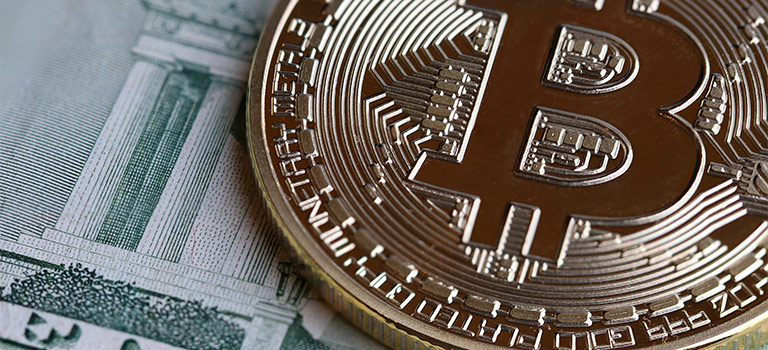PALO ALTO, Calif. (Reuters) - The Federal Reserve is taking a look at a broad range of concerns around digital payments and currencies, consisting of policy, design and legal considerations around possibly providing its own digital currency, Guv Lael Brainard stated on Wednesday. Brainard's remarks suggest more openness to the possibility of a Fed-issued digital coin than in the past." By changing payments, digitalization has the possible to provide higher value and convenience at lower cost," Brainard stated at a conference on payments at the Stanford Graduate School of Business.
Main banks worldwide are debating how to handle digital finance innovation and the dispersed Go to the website ledger systems utilized by bitcoin, which promises near-instantaneous payment at possibly low cost. The Fed is establishing its own round-the-clock real-time payments and settlement service and is currently reviewing 200 comment letters sent late last year about the suggested service's style and scope, Brainard said.
Less than 2 years ago Brainard informed a conference in San Francisco that there is "no engaging showed requirement" for such a coin. However that was before the scope of Facebook's digital currency aspirations were extensively Check out the post right here understood. Fed officials, including Brainard, have raised issues about customer securities and information and privacy hazards that could be positioned by a currency that might come into usage by the third of the world's population that have Facebook accounts.
" We are working together with other main banks as we advance our understanding of reserve bank digital currencies," she said. With more countries checking out releasing their own digital currencies, Brainard said, that includes to "a set of reasons to also be making sure that we are that frontier of both research and policy development." In the United States, Brainard stated, issues that require research study include whether a digital currency would make the payments system safer or easier, and whether it might posture financial stability threats, including the possibility of bank runs if cash can be turned "with a single swipe" into the reserve bank's digital currency.

To counter the monetary damage from America's extraordinary national lockdown, the Federal Reserve has taken unprecedented actions, consisting of flooding the economy with dollars and investing straight in the economy. Many of these moves received grudging approval even from many Fed doubters, as they saw this stimulus as required and something just the Fed might do.
My new CEI report, "Government-Run Payment Systems Are Unsafe at Any Speed: The Case Versus Fedcoin and FedNow," information the risks of the Fed's current prepare for its FedNow real-time payment system, and proposals for main bank-issued cryptocurrency that have been called Fedcoin or the "digital dollar." In my report, I talk about concerns about privacy, data security, currency control, and crowding out private-sector competition and innovation.
Proponents of FedNow and Fedcoin say the government should produce a system for payments to deposit instantly, rather than encourage such systems in the economic sector by http://messiahymtm965.image-perth.org/a-digital-fedcoin-may-be-coming-and-it-would-be-terrifying-1 lifting regulatory barriers. But as noted in the paper, the economic sector is providing a relatively limitless supply of payment technologies and digital currencies to fix the problemto the level it is a problemof the time gap between when a payment is sent and when it is gotten in a Additional info bank account.
And the examples of private-sector development in this area are many. The Cleaning Home, a bank-held cooperative that has been routing interbank payments in different types for more than 150 years, has actually been clearing real-time payments given that 2017. By the end of 2018 it was covering 50 percent of the deposit base in the U.S.